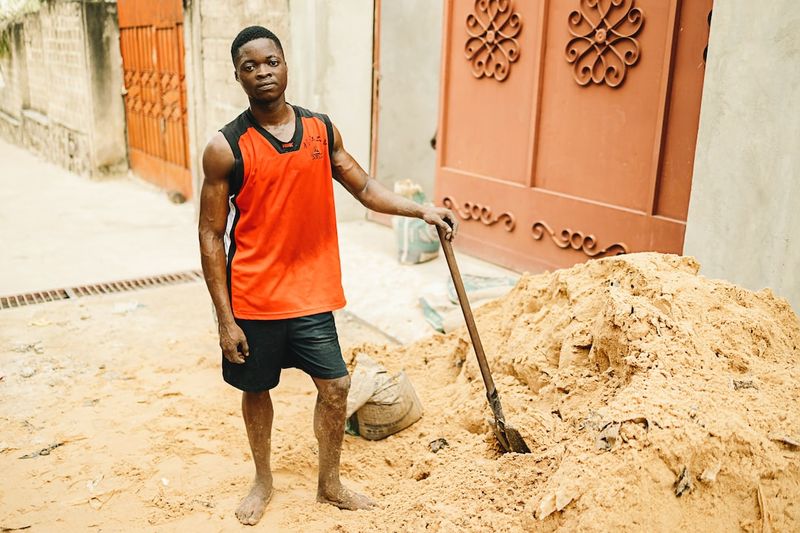The DRC army has persistently failed to prevent or respond to increasing attacks against civilians by armed groups, and according to information gathered by the UN Joint Human Rights Office, the army has been responsible for committing numerous serious human rights violations against civilians. Amnesty International has previously documented how the DRC’s military authorities, appointed by President Tshisekedi, have used their powers under the state of siege to systematically curtail human rights by harassing journalists and jailing them, killing human rights defenders, and political activists. The authorities have also resorted to the mass, pre-trial detention of those deemed a threat, in facilities where detainees are often held in appalling conditions.
Tigere Chagutah has called on President Felix Tshisekedi to lift this repressive measure without delay. If he fails to do so, after two years of unlawful and unjustified restrictions of human rights, members of parliament must reject any new requests from the government to extend it. According to the DRC’s constitution, a state of siege is defined as an exceptional, temporary measure that may be declared for an initial period of 30 days. If parliament ratifies an extension, it may be extended for subsequent periods of 15 days. However, the state of siege has been extended over 50 times by the government, without any meaningful public debate on the legality or merit of these extensions.
Instead of further repressing the rights to freedom of expression and peaceful assembly, the DRC authorities should allow people to freely exercise their human rights and find effective measures to address security issues. Tigere Chagutah has called on the DRC authorities to identify and implement effective measures of protecting civilians and improving security, without further undermining human rights, in consultation with affected communities and civil society groups. All those arbitrarily detained in the provinces of Nord-Kivu and Ituri, including those being held simply for criticizing the state of siege and military authorities, must be immediately released. All members of the DRC’s security forces suspected of committing human rights violations must be brought to justice in fair trials.
In conclusion, the state of siege in the DRC provinces violates the country’s Constitution and international human rights law and has worsened the human rights situation in the country. The DRC authorities need to lift this repressive measure immediately and find effective measures of protecting civilians and improving security without further undermining human rights. All those arbitrarily detained must be released while the DRC security forces suspected of committing human rights violations must be brought to justice in fair trials.

<< photo by Guy Basabose >>
You might want to read !
- Amnesty International: Overlapping Crises Leave Hundreds of Millions in Need of Universal Social Protection.
- The Dangerous Threat of Censorship in US Schools: A Violation of Basic Human Rights
- Civil and Human Rights Leaders Visit US-Mexico Border to Assess Migrant Conditions and Advocate for Change
- Ethnic Targeting in DR Congo’s Elections Raises Concerns of Violence and Disenfranchisement
- The Emerging Threats to Democracy: Turkey’s Internet Censorship and the Upcoming Election
- Zimbabwe opposition leader’s conviction and sentencing highlight growing government crackdown on peaceful dissent
- Croatia’s Border Pushbacks Continue Despite Criticism and Legal Action
- Peru’s Official Account of Killings Disproved by Evidence